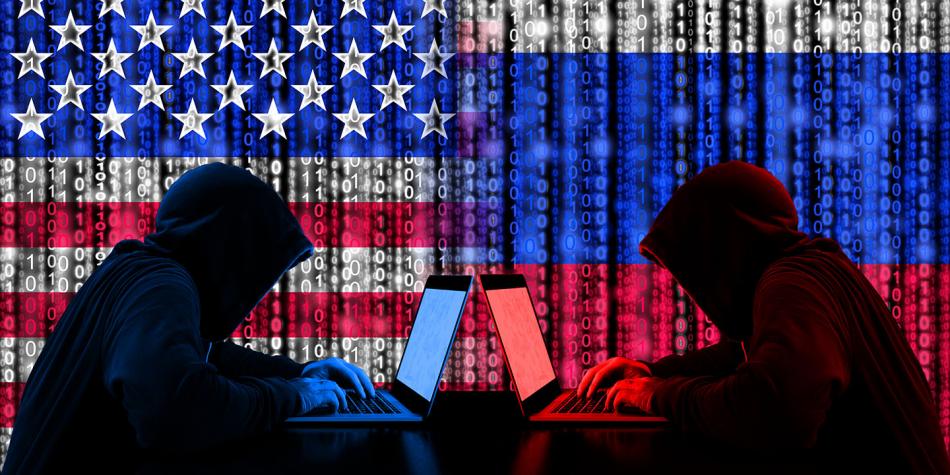Hormoz Jafari, expert of international issues told the Strategic Council on Foreign Relations, that “alongside Russia and China as two super powers and rival to the United States of America at the international level, Washington has introduced other countries such as Iran and North Korea as a threat and danger to itself.”
Asked why under the present circumstances the issue of Russia has been seriously raised by the United States, he referred to several cyber attacks on the centers and facilities for the production of solar energy of the United States as well as on the Colonial Oil Pipeline in the US and said “on a daily basis, 3.5 million barrels of oil is transmitted through this oil pipeline.”
According to this expert, following these attacks, the sensitivity of the Joe Biden government increased and he reached the conclusion that it is needed that in this respect, he has to have more serious negotiations with the Russians.
Jafari said Joe Biden has proposed talks with Vladimir Putin and continued “this is while one of the most important principles of the foreign policy of Joe Biden is Russiaphobia and in the election campaigns of Biden against Donald Trump, Russiaphobia was one of the main axes considered by Biden.”
This expert of international issues referred to the content of the negotiations between the two presidents and said “talks between Moscow and Washington was focused mainly on cyberattacks and Biden said that he had announced to Putin that the US has an unrivalled power in the cyber area and if such operations are going to be repeated by Moscow, Washington can also create problems for Russia.”
He said that Biden in these talks has emphasized his sensitivity to cyberattacks against the US oil facilities and pipelines.
Jafari considered as the main output of this meeting the formation of a working group and agreements concerning issues related to cyber facilities and attacks by cyber malware to strategic facilities.
This expert of international issues said the issue of cyberattacks has been highlighted because of two cyberattacks to American facilities and the Biden’s request to meet with Putin.
Jafari said “when a foreign country can infiltrate into the US facilities, and conduct cyberattack and infiltrate in cyber platforms, it is indicative of weakness of the cyber defense platforms of the United States. From this viewpoint, when we place these issues together with the request for negotiations by Biden, this means that the White House has admitted that it has weaknesses in this sector and Russia can infiltrate into American platforms.”
Jafari said the issue of cyber threats and dangers for the United States is not only posed by Russia, adding that “if we look at the acts passed in the US Congress, we understand that Washington is more concerned with China than Russia because China is the main US rival in challenging the leadership of America in the international system.”
In continuation, this expert referred to the deal between the two Republican and Democrat parties in the US over more investment in cyber sectors and said “also, in political and security circles of the United States and the American society, more feeling for the need for more investment in cyber areas is considered a strategic and pivotal issue.”
He explained that “if we have a look at the recent activities of the US Congress, we understand that to what extent they have made efforts to create new laws in the cyber space or set up new institutions.”
Jafari said some judicial institutions in the US have defined cyberattacks against terrorist attacks and consider them in tantamount with terrorist attacks. Therefore, in spite of such interpretations, cyberattacks can bring legal consequences within the framework of the legal regime of the United States.
This expert of US issues said despite that one of the new agendas of the Joe Biden administration is investment in fortifying the cyber capabilities especially the fifth and sixth generation. He added that “recent US sanction against China’s Huwaei and some other companies indicate that Washington is focusing on this sector and the overall political system of the US has been engaged.”
He finally said “we need to heed that the clean network plan presented by the Americans aims to separate their allies from their enemies such as Russia and China in the fifth and sixth generation cyber technologies.”










0 Comments